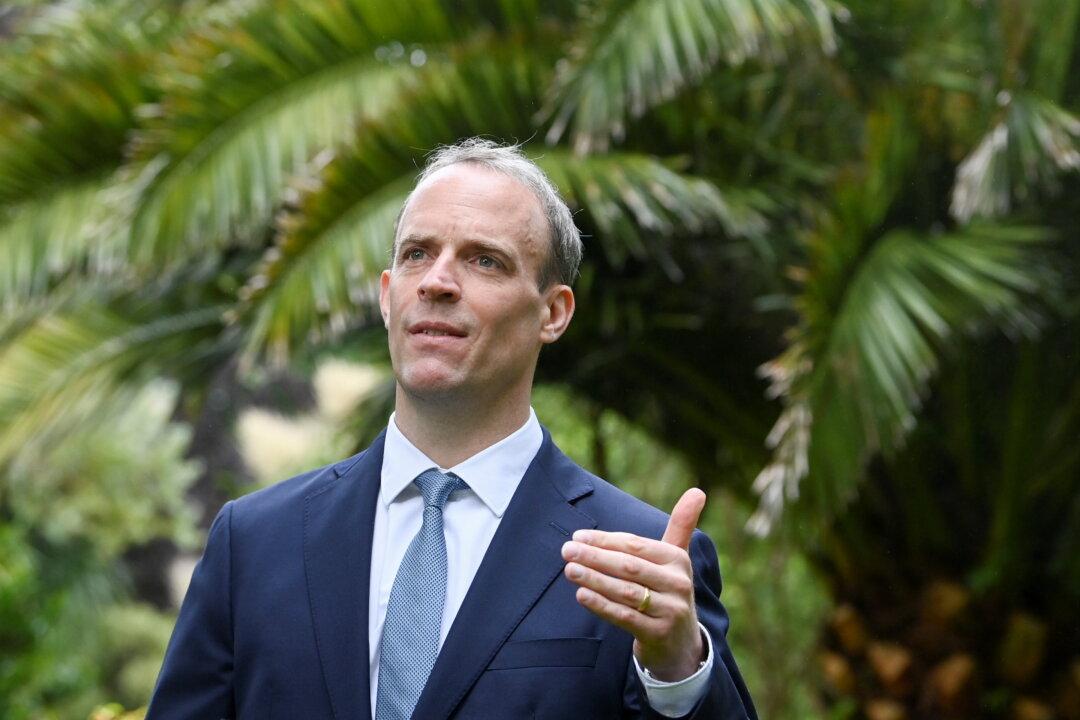British Foreign Secretary Dominic Raab has said it is “unlikely” he will attend the Winter Olympics in Beijing next year.
The government has faced calls from a chorus of MPs to stage a diplomatic boycott of the Games due to take place next February because of Chinese government action in Xinjiang, Tibet, and Hong Kong.
Ministers have said they will make a formal announcement on the UK’s position “in due course,” but Raab said on Thursday that he will probably not attend.
“In general, I think, and you are seeing it now, we are mindful not to try and overly politicize the Olympics,” the foreign secretary told Sky News.
He said whether athletes will participate in the games is “decided as a matter of law independently by the IOC [(International Olympic Committee)], ” adding that there are “great sensitivities around Xinjiang and things like that.”
“We will decide our level of representation at a political-diplomatic level in due course,” Raab said, before adding: ”I think it is unlikely I will go.”
Earlier this month, MPs made a non-binding vote in Parliament calling on the government to stage a diplomatic boycott of next year’s Winter Games.
MPs across the House supported a motion arguing that the showpiece sporting event should not be held in a “country whose government is credibly accused of mass atrocity crimes.”
It added that the UK should decline invitations for its representatives to attend the Winter Olympics next year unless the Chinese government “ends the atrocities” occurring in the Xinjiang region, with warnings that “genocide” is taking place against Uighur Muslims.
The United States and European Union have already imposed travel and financial sanctions on Chinese officials accused of abuses in Xinjiang.
The United States has blocked imports of cotton, tomatoes, and materials to make solar panels from companies suspected of using forced labor.
The Chinese government has rejected U.S. allegations of forced labor in Xinjiang and accused Washington of hurting global trade.




